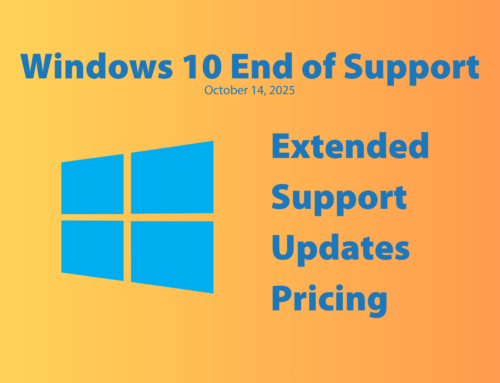Just in time for Cybersecurity Awareness Month, the U.S. Treasury Department issued a new advisory on October 1 discussing the increase in ransomware attacks during the COVID-19 pandemic and warning of consequences for those who pay to get their data back.
Demand for ransomware payments has increased during the COVID-19 pandemic as cyber actors target online systems that U.S. persons rely on to continue conducting business. Companies that facilitate ransomware payments to cyber actors on behalf of victims, including financial institutions, cyber insurance firms, and companies involved in digital forensics and incident response, not only encourage future ransomware payment demands but also may risk violating [Office of Foreign Assets Control] regulations.
After giving a short history of ransomware and OFAC’s response, the advisory states:
Facilitating a ransomware payment that is demanded as a result of malicious cyber activities may enable criminals and adversaries with a sanctions nexus to profit and advance their illicit aims. For example, ransomware payments made to sanctioned persons or to comprehensively sanctioned jurisdictions could be used to fund activities adverse to the national security and foreign policy objectives of the United States. Ransomware payments may also embolden cyber actors to engage in future attacks. In addition, paying a ransom to cyber actors does not guarantee that the victim will regain access to its stolen data.
Further, it goes on,
Under the authority of the International Emergency Economic Powers Act (IEEPA) or the Trading with the Enemy Act (TWEA),9U.S. persons are generally prohibited from engaging in transactions, directly or indirectly, with individuals or entities (“personsâ€) on OFAC’s Specially Designated Nationals and Blocked Persons List (SDN List), other blocked persons, and those covered by comprehensive country or region embargoes (e.g., Cuba, the Crimea region of Ukraine, Iran, North Korea, and Syria). Additionally, any transaction that causes a violation under IEEPA, including transactions by a non-U.S. person which causes a U.S. person to violate any IEEPA-based sanctions, is also prohibited. U.S. persons, wherever located, are also generally prohibited from facilitating actions of non-U.S. persons, which could not be directly performed by U.S. persons due to U.S. sanctions regulations. OFAC may impose civil penalties for sanctions violations based on strict liability, meaning that a person subject to U.S. jurisdiction may be held civilly liable even if it did not know or have reason to know it was engaging in a transaction with a person that is prohibited under sanctions laws and regulations administered by OFAC.
Earlier this year, we offered over 31 tips to improve your law firm’s cybersecurity. If you haven’t checked them out, now is a good time.
{{cta(’98ba268f-dfad-4514-af6c-1e24316cdb52′)}}





